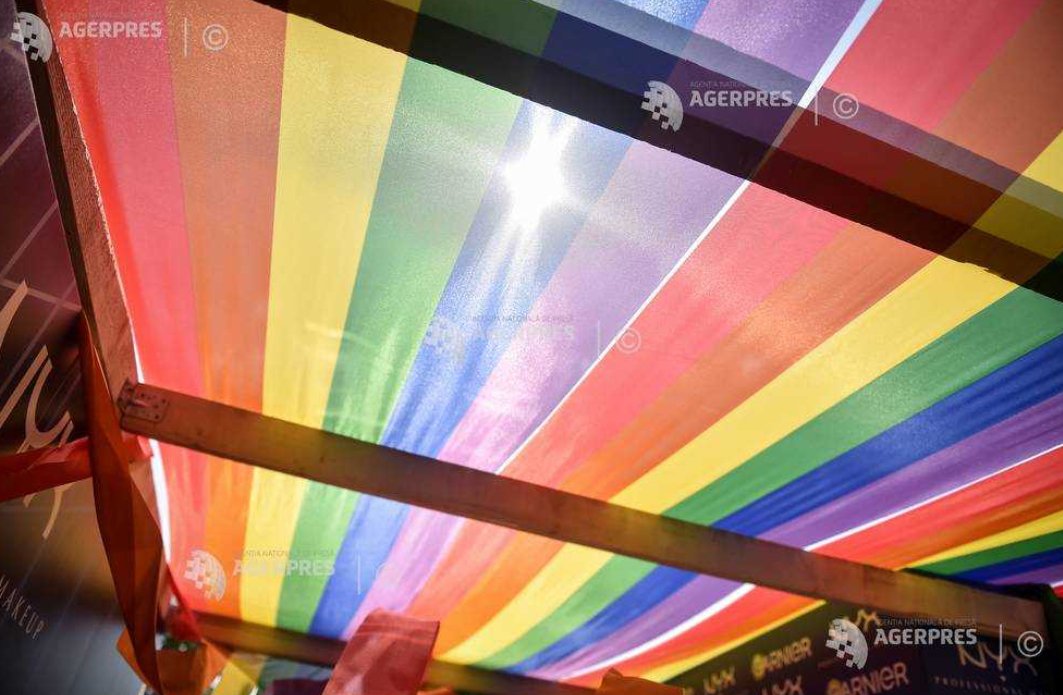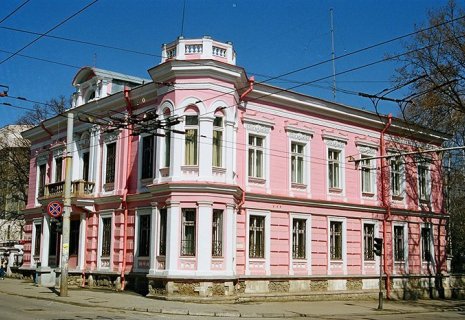
Romania urged to track racist, anti-LGBT incidents in schools
The European Commission against Racism and Intolerance (ECRI) has recommended that Romania establish a national monitoring system for racist and anti-LGBT incidents in schools and collect gender-disaggregated data on such cases, including information on the motives behind harassment.
The anti-racism body of the Council of Europe (CoE) also urged Romanian authorities to develop, within the next two years, a clear legal framework for the recognition of gender identity, as well as guidelines for providing gender-affirming healthcare, CE Reports quotes AGERPRES.
These recommendations are included in ECRI’s latest report assessing Romania’s progress in improving its legal and institutional frameworks and in implementing policies to combat racist and anti-LGBTI hate speech, hate crimes, and discrimination against vulnerable groups such as Roma people, LGBTI individuals, migrants, and those with migrant backgrounds.
The report covers developments in Romania up to mid-March 2025 and will evaluate the implementation of priority recommendations over the next two years.
ECRI notes that Romania has made progress since its previous report in 2019. The National Council for Combating Discrimination (CNCD) operates largely in line with ECRI’s general recommendations for equality bodies, although its financial and human resources remain insufficient.
Advances have also been made in promoting inclusive education and establishing procedures to address school violence, including physical and cyberbullying.
The report highlights the adoption of specific criminal legislation targeting anti-Roma attitudes, as well as a more coordinated approach to combating hate speech and hate-motivated crimes, including two national strategies to prevent antisemitism, xenophobia, radicalization, and hate speech. Efforts to improve Roma inclusion have continued, such as initiatives to regularize informal settlements and ban school segregation.
However, ECRI expresses concern that bullying remains widespread and serious in schools, and that sexual orientation, gender identity, and sex characteristics are not included in school curricula.
The report also notes that discrimination against LGBTI persons persists and that same-sex couples still lack legal recognition. Romania’s legislation does not clearly define the conditions or procedures for legal gender recognition, nor does it provide guidelines for gender-affirming medical services.
Other concerns include the increasing presence of hate speech in politics, media, and online spaces, as well as the ongoing marginalization of Roma communities, many of whom live in informal settlements near heavily polluted areas and attend segregated schools.
ECRI is a human rights monitoring body of the Council of Europe, composed of independent experts specializing in combating racism, discrimination, xenophobia, antisemitism, and intolerance. The Commission regularly issues reports and recommendations to member states.























